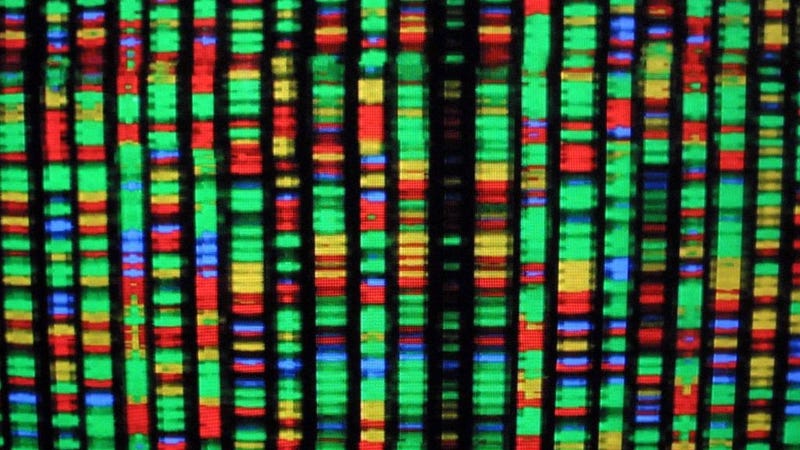
The Human Genome Project was launched in 1990 and was essentially completed in 2003 after scientists and researchers sequenced about 92% of the human genome, as they aimed to determine the base pairs that make up human DNA.
After nearly 20 years of additional research, a group of over 100 scientists from the Telomere-to-Telomere (T2T) Consortium published a study in the journal Science on Thursday that announced the complete human genome has been sequenced for the first time.
Evan Eichler, one of the project's leaders and a University of Washington geneticist, expressed his delight to complete the remaining 8% of the human genome thanks to the development of new technologies.
"Some of the genes that make us uniquely human were actually in this 'dark matter of the genome' and they were totally missed," Eichler said, according to the Associated Press. "It took 20-plus years, but we finally got it done."
"Hallelujah, we finally finished one human genome," Eichler said, according to The Washington Post.
Scientists were challenged with completing the gaps in the code, where the same letters would constantly repeat, but the new technologies allowed them to piece it all together.
Rajiv McCoy, a human geneticist at Johns Hopkins University, spoke about how important the completion of the human genome can be for the understanding of human biology, in addition to advancing medical discoveries in cancer, heart disease, and other diseases.
"Over the course of 20 years, technology has advanced quite dramatically, including the development of long read sequencing technologies," McCoy said in an interview with AP. "That allows the assembly of that remaining portion of the genome... it's equivalent to adding essentially an entire new chromosome to the human genome assembly."
McCoy went on to explain the initial concern some may have with the completed human genome, but said that it will still be able to help scientists in the future.
"One potential concern would be that, ok, this is just a single individual's genome, it happens to be of European ancestry, can this really represent a human genome for all global populations?" McCoy said. "And with some minor caveats, the answer to that based on our study is yes. This improves genetic analysis for all individuals across the globe."
Scientists will now be able to have a better understanding of genetics, and can look into how the genetic variation among people relates to diseases.
"We’re just broadening our opportunities to understand human disease," Karen Miga, a geneticist at the University of California at Santa Cruz and co-founder of the T2T consortium, said.
Eichler added that this is just the beginning of advances in human genetics.
"Now we’ve gotten one genome right and we have to do many, many more," Eichler said. "This is the beginning of something really fantastic for the field of human genetics."
LISTEN on the Audacy App
Sign Up and Follow Audacy
Facebook | Twitter | Instagram